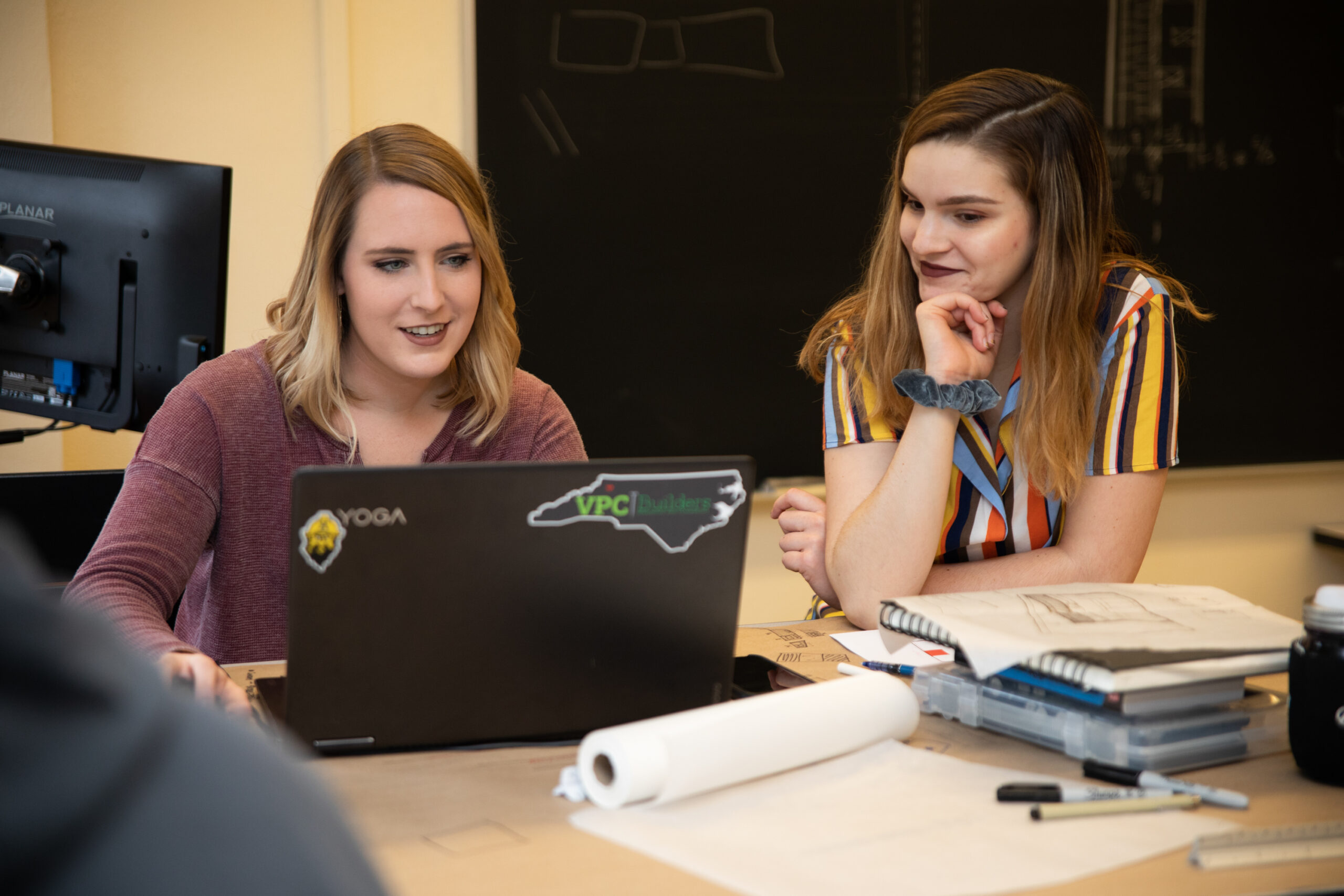Graduate and Professional School
Are you thinking about graduate or professional school? If so, engage in the following activities as an undergraduate student to become an ideal graduate student candidate.
- Be engaged in your professional development by making sure each activity you’re involved in maximizes your potential for graduate study such as student organizations, your internship, substantial volunteer work
- Be an instructional or research assistant
- Volunteer or work as a tutor
- Attend conference presentations or collaborate on publications with a mentor
- Write an honors thesis if you have the option
- Make sure your undergraduate courses prepare you for graduate study – Does your program of interest require prerequisite courses?
- Join the premier professional organization in your discipline
After you graduate, keep your skills and competencies in your field sharp and well-represented on your CV/academic resume.
- Volunteer if your current employment is not related to your choice for graduate study
- Take additional coursework to supplement your undergraduate studies if necessary and/or to fulfill prerequisite course requirements
- Build connections with professionals in your industry of interest and maintain relationships with your connections from your undergraduate studies
Have questions about the process or how to prepare? Schedule an appointment with your career coach.
Financing for graduate school
The process of financing graduate school looks different than your undergraduate experience. Check with your Financial Aid Office at your respective university to apply for federal financial aid. Research, teaching and graduate assistantships are often available for graduate students, but the process and allocation varies from each university. We suggest contacting the Office of Graduate Studies at your prospective university as a starting point. It is also appropriate to connect with your program director to inquire about opportunities to finance your graduate education. When contacting professionals for the first time, both via email and phone, it is important to put your best foot forward. If you need support drafting an e-mail, connect with your career coach through Handshake.
Already a graduate student?
The Career Development Center provides all of its resources to graduate students as well! Learn what resources are available to you and how we can help.
Application materials
You may be required to prepare a few different written items when submitting your graduate school application. These items are used to showcase who you are and how you are different from other candidates. An interview may also be requested to help the admissions committee determine who to accept. Explore the following application materials and learn how to properly prepare them.
Resumes and CVs
Graduate schools may request either a resume or a curriculum vitae (CV) on their application. If you’re applying for graduate school, your resume can be more than one page and will contain professional experience, academic accomplishments, education, community involvement experience, research, etc. If you are needing a CV, the format looks different than a resume and may contain information from your resume plus more academic accomplishments including research, publications, teaching experience, presentation, professional development, etc. Learn how to build a successful resume and CV.
Recommendations
A recommendation is a detailed written statement (usually from a faculty member, supervisor, employer, or mentor) of your personal and professional qualities, qualifications, accomplishments, and experiences that make you well-qualified for admission into a graduate program. Selecting and approaching your references is the first step towards receiving a recommendation. Learn how to approach your references and ask for a recommendation.
Entrance essay
The entrance essay provides an opportunity for you to differentiate your qualifications from other candidates. It can have various names, such as personal statement, letter of intent, statement of purpose, autobiographical statement, and/or objectives of graduate study. Learn how to write your entrance essay.
Admissions tests
Admissions tests help institutions predict your academic success in their program. Tests you need to take vary by the types of programs you are applying to and can vary from school to school. Some graduate programs may not require an admissions test or may waive the requirement if you meet certain criteria.
Below are a few common admissions tests:
- GRE – Graduate Record Examination
- GMAT – Graduate Management Admission Test
- MCAT – Medical College Admissions Test
- LSAT – Law School Admission Test
- PCAT – Pharmacy College Admission Test
- MAT – Miller Analogies Test
If you are required to take an admissions test, identify a testing center located near you. Testing centers are available throughout the United States and App State students and alumni also have access to the testing center on campus. Be sure to take the exam(s) you need with plenty of time before application deadlines, as application materials will not be processed until test scores are received. We recommend at least six months before you need to send a score to allow time for scores to be processed or to retake the exam if needed.
